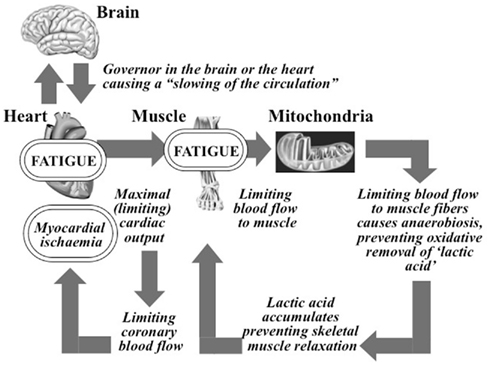A similar question but about teeth healing themselves is Do teeth have the capacity to heal?.
So I understand that teeth have the capacity to heal themselves to a certain degree. It appears to be that part of the reason they can't heal all of themselves is that they are not surrounded by cells. In that case why can't we grow teeth back?
If a tooth is grown in the gum, or somewhere else, it would be surrounded by cells and so should be able to grow back right?
It appears that sharks can grow their teeth back:
New teeth are continually grown in a groove in the shark’s mouth and the skin acts as a “conveyor belt” to move the teeth forward into new positions.
Why can't we do this?
Unfortunately, the answer to your question isn't as well researched as other areas, I believe...let's add some complexity into this.
You're correct, teeth does "grow" in the gums. And it does start off surrounded by cells (look up: tooth bud, cap, bell stage)!
The tooth originates from an interaction between the ectomesenchyme (likely originating from the neural crest cells) and the epithelium of the mouth when it is forming while you're still an embryo in your momma's tummy.
Unlike sharks, which are homodonts (meaning, their tooth are all of one morphology), we are heterodonts (e.g. we have different shaped teeth - e.g. molars, canines, incisors, premolars). There are a couple of theories to why this occurs (look up: clone model, field model, odontogenic homeobox code - a combination of all these theories). Basically, a bunch of genes transcribe for proteins and signalling factors that create the complexity of your tooth shape and position in the mouth.
Basically, this means, our teeth are going to take longer and require more energy and effort to carve into (yes carve! lot's of the tooth shape is create by apoptosis of the regions around the "cusp" area when it is developing).
When your primary/baby teeth pop out, they serve functions such as developing speech, allowing you to eat, strengthening your jaw muscles (which in turn helps to develop your mandible and shape of the face), all this so you can have a great bite when you get older!
Luckily, sharks don't speak much underwater, so they probably don't give a poop about having properly lined up teeth. Their teeth grows everywhere. Proper bite for eating various nuts, fruits, meats and vegetables? NAH. WE JUST CHEW OFF LEGS. WE CAN ONLY SHRED STUFF. Sharks need strong ankylosed teeth (ankylosed = like an anchor? teeth are anchored into the mandible of the shark).
In contrast, humans have teeth in gomphosis (sockets), which gives our teeth some cushioning and sense of proprioception (the sense knowing how hard you're biting) when we bite on something extremely hard, to prevent us breaking our teeth - thus helping us preserve our teeth. Sharks don't have that, they just break their teeth.
Humans do finally replace their teeth, after our jaw grows enough for us to accommodate them at a genetically planned stage. This happens by tooth germs (cells) being bud off (like a flower yes :D) from the baby teeth. Note though, your 1st adult/permanent molars are already beginning to form when you're still in your momma's tummy.
I believe that the continuous creation of teeth requires more energy, but takes less time (sharks). For humans, one time creation of teeth requires less energy, but takes wayyyyy more time (and also has to be timed correctly with all our other growing bits).
TL;DR Evolutionary reasons and different functional uses of teeth between sharks and humans probably determine why we only have two sets of teeth (diphyodonts). That being said, it would be cool if we were like rats (have molars/incisors) though, which replace their teeth anytime its lost. Maybe one day we can evolve into it? Yay!
Some interesting points: You mentioned teeth "healing".
Your teeth is made up of enamel on the outside, which is NEVER replaced. It "heals" by remineralisation which is not exactly the same as growing new crystals on top of it. Kinda complex, won't go into it.
However, your teeth is always forming new dentine, which is below the enamel. In a way, your tooth really is growing back all the time. Because a new layer of dentine is deposited everyday (like...4 micrometers). This is because the dentine producing cells, called odontoblasts, are still around. In contrast, the enamel producing cells, called ameloblasts, are removed when your tooth has developed. I THINK, the reason is to make space in your enamel so it can be fully mineralised and completely filled up by hydroxyapatite. (Too much fluoride when young can block this removal of ameloblasts and its proteins like amelogenin and enamelin = forming holes, which cavitate resulting in fluorosis).
Hopefully all that answered your question. But, it was fun for me to rant anyway. Cheers.





